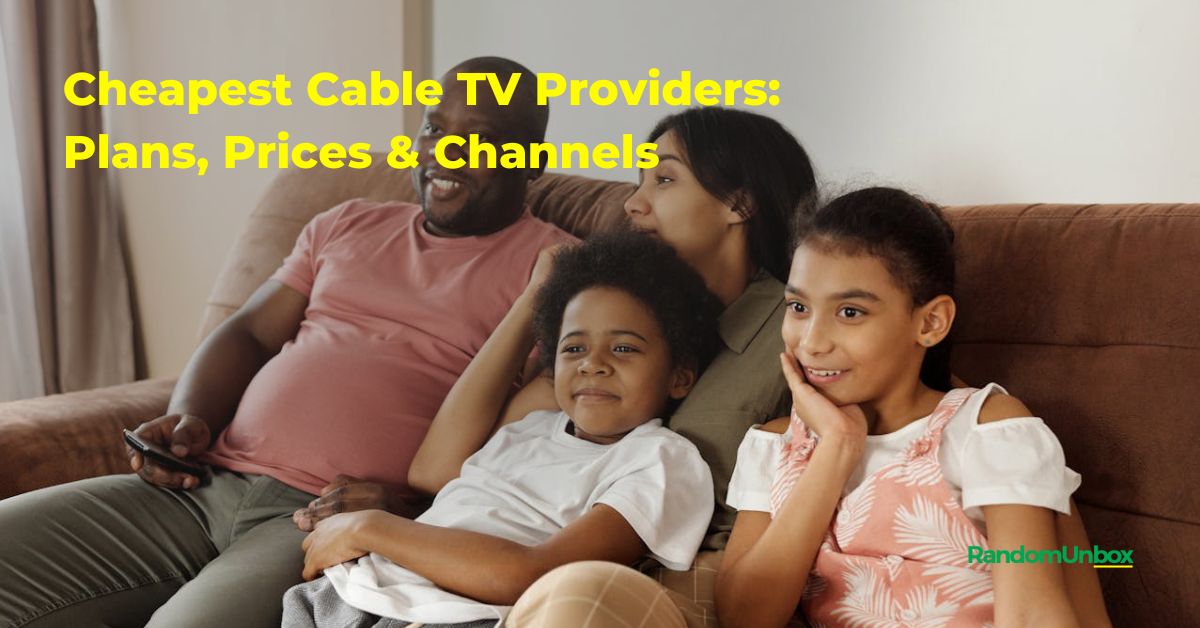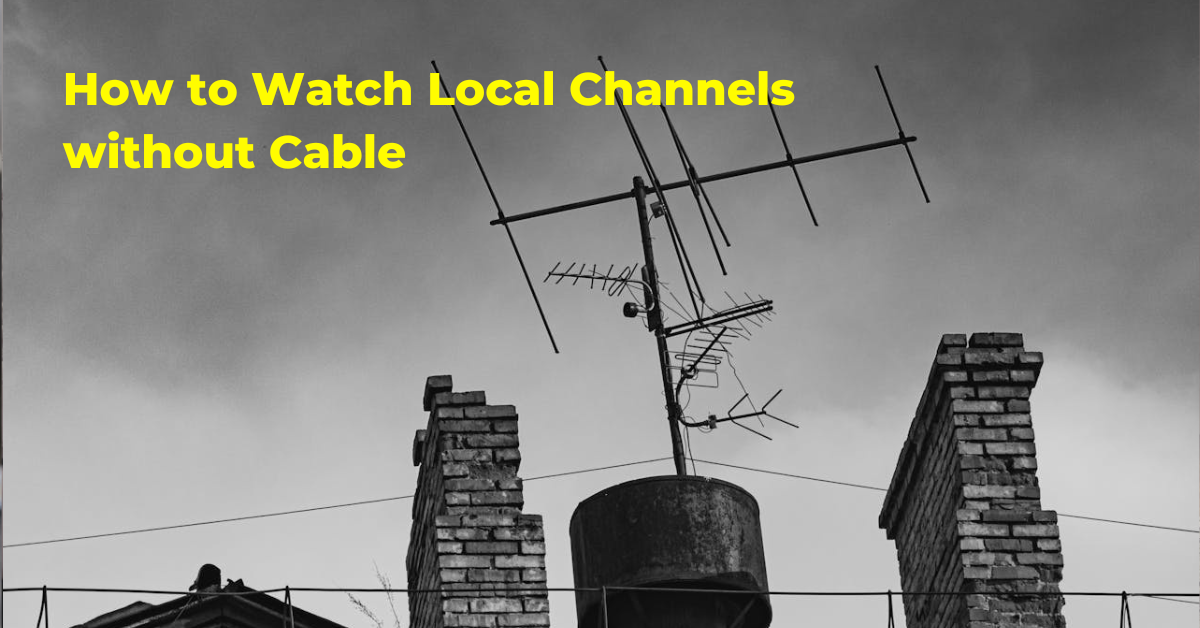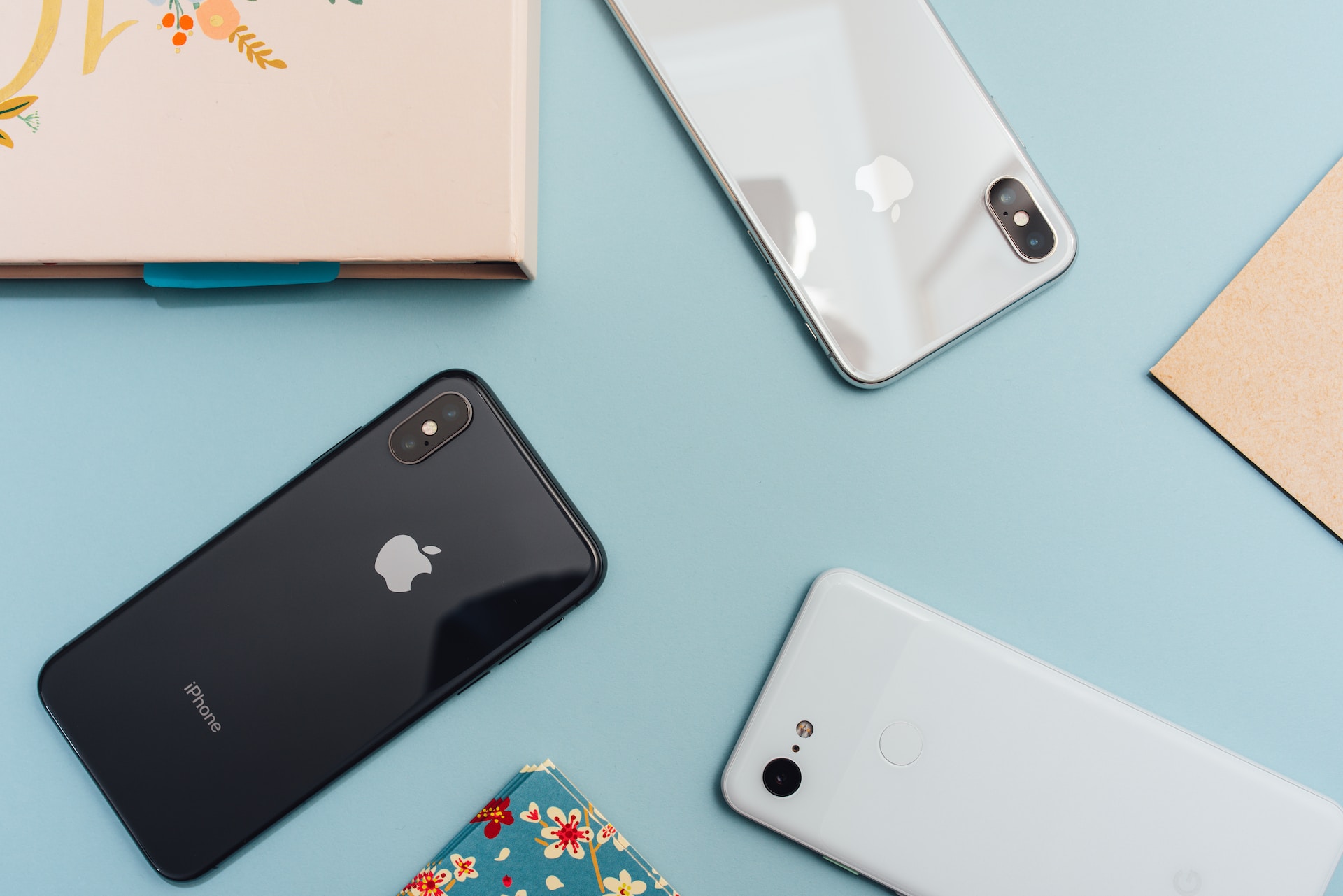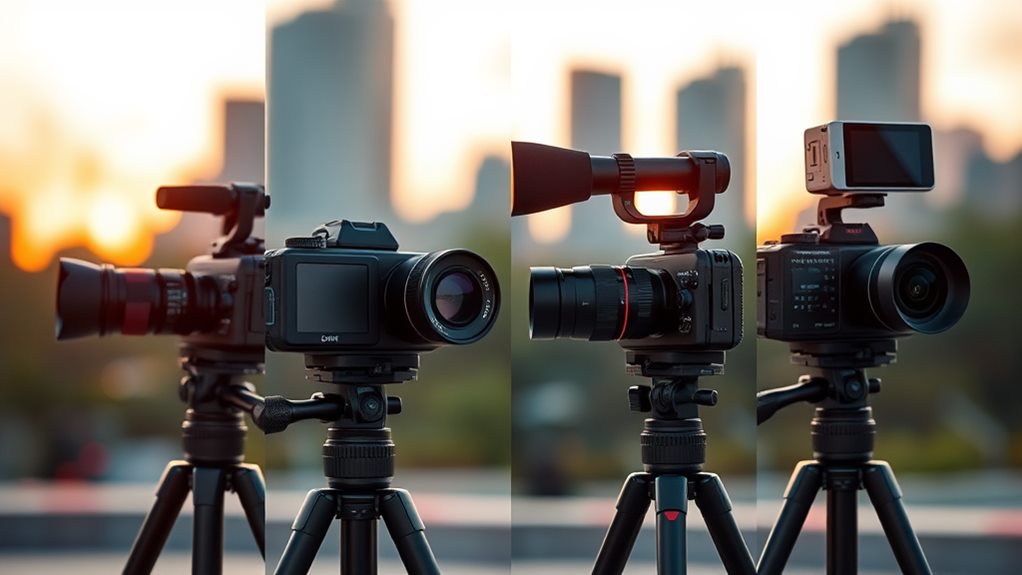The Tennessee Lifeline program is a great way to get help if you need it. This program provides free or reduced-cost phone service to eligible low-income customers. This program is a great way to stay connected with family and friends and get emergency help if needed.
Tennessee Lifeline Qualifying Programs
To qualify for the program, customers must have an income at or below 135% of the federal poverty guidelines or participate in specific government assistance programs.
The discount is valid for one telephone line per household and can be used for either landline or wireless phone service.
Universal Service Fund
The Tennessee Public Utilities Commission administers the program, which the Universal Service Fund supports. The Tennessee lifeline program is just one of many government assistance programs available to low-income residents. Other programs include food assistance, housing assistance, and medical assistance.
These programs help to ensure that low-income individuals and families have access to affordable voice and broadband services.
How to apply for free phone or assistance in Oklahoma with bills from LifeLine
The customer should contact their phone carrier for more information before applying. Most businesses take part and either give away free cell phones or pay for service, texting, or internet access. Numerous companies, like Verizon, AT&T, Sprint, Safelink, etc., offer assistance. If they want to join Lifeline, they should contact their provider.
The consumer must fill out applications, and forms are available from your local telephone company or telecommunications service provider. Bring in documentation of your income, savings, assets, and benefit details. Additionally, processing all the documentation and the start of the discounts will take time. The business is entitled to see this data provided by the customer.
As previously stated, Lifeline is only for one landline or mobile phone per home and must be regarded as the central unit. Additionally, if a person does not currently have a phone, the LifeLink program may potentially assist in covering the costs associated with installing or activating a new one. This is carried out to guarantee that a low-income family always has access to a communication medium, especially in an emergency.
Tennessee Lifeline Program Eligibility
- Medicaid
- Supplemental Nutrition Assistance Program (Food Stamps or SNAP)
- Supplemental Security Income (SSI)
- Federal Public Housing Assistance (Section 8)
- Low-Income Home Energy Assistance Program (LIHEAP)
- Bureau of Indian Affairs General Assistance
- Tribally-Administered Temporary Assistance for Needy Families (TTANF)
- Food Distribution Program on Indian Reservations (FDPIR)
- Head Start
- State assistance programs
Other eligibility requirements for the Lifeline program include being a U.S. citizen or legal resident and not having Lifeline service at another location, in addition to the Federal Poverty Guidelines.
| Household size (number of people) | Eligible annual income per household |
|---|---|
| 1 | $17,388 |
| 2 | $23,517 |
| 3 | $29,646 |
| 4 | $35,775 |
| 5 | $41,904 |
| 6 | $48,033 |
| 7 | $54,162 |
| 8 | $60,291 |
| For each additional person, add | $6,129 |
Eligible Telecommunications Carriers (ETC) in Tennessee
Lifeline Service Providers in Tennessee
- Access Wireless
- Assurance Wireless
- Safelink Wireless
Tennessee ACP Benefits
Low-income Americans can stay in touch with the outside world thanks to the Affordable Connectivity Program (ACP). A few issues with the program do exist, though.
- The program is only available in certain states.
- The program is only available to those who qualify based on income.
- The program only provides free minutes and texts and does not provide data.
Despite these drawbacks, the ACP is a step in the right direction and will help low-income Americans stay connected.
Tennessee Lifeline Program Service:
- Mobile Lifeline Service
- Fixed Lifeline Service
- ACP Home Internet
- ACP Mobile Internet
Affordable Connectivity Program Providers
- Fixed broadband services provide a fantastic substitute for established internet service providers (ISPs). They are inexpensive compared to other forms of internet service, and they are quick and dependable. These include fixed wireless, cable, fibre optic, and DSL services.
- Mobile broadband services are device-based and available within the service provider’s cellular coverage area, much like cell phone services.
FAQs
What is Lifeline?
Although Lifeline has existed for some time, not many people know it. It’s a government initiative that gives eligible customers a break on their recurring local phone or internet payment. For eligibility, each state has its requirements. There are primarily two methods to be eligible for Lifeline.
What is the Affordable Connectivity Program (ACP)?
A federal program called the Affordable Connectivity Program (ACP) gives eligible households access to low-cost internet service. The initiative aims to assist households that cannot afford to use private internet service providers (ISPs).
What if I live on tribal lands?
Customers who reside on tribal grounds may be eligible for additional federal financial aid for local telephone service under programs established by the Federal Communications Commission.
Additionally, financial assistance is offered to cover the expense of new telephone service. For further information, get in touch with the tribe office or community Action Partnership office in your area.
Which internet service providers are participating?
The ACP is being used by several broadband providers, including those providing wireless and landline broadband. There may be a variety of providers available depending on where you live. Contact the broadband providers in your area to find out about their plans for program participation and qualified service offers.
How do I get a Free computer or tablet?
If a household purchases a connected device for more than $10 but less than $50 from a participating broadband service provider, the provider may receive a reimbursement of up to $100.
To put it another way, you have to use your partnering broadband provider to take advantage of this benefit, and you’ll have to pay a share of the price. Only laptops, desktop computers, and tablets qualify for the device bonus. Cell phones aren’t a part of it. They only allow one gadget per household.









